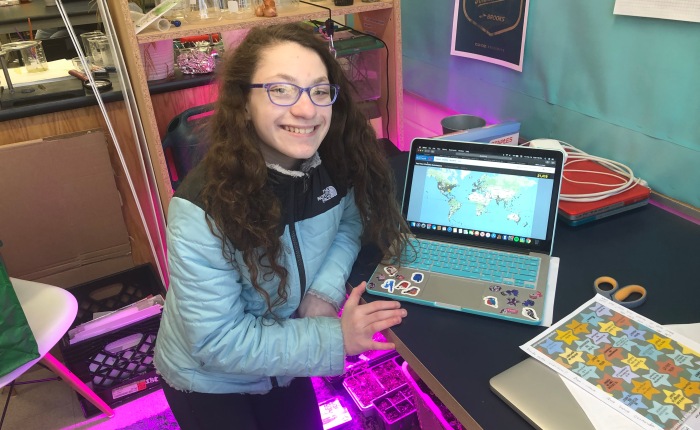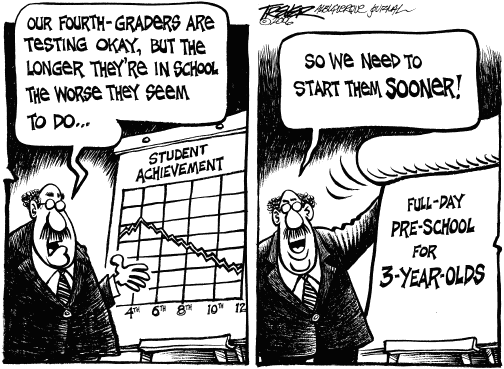Andrew’s work promoting the benefits of exceptional Montessori like many of us will lead to more children everywhere have access to publicly funded Montessori.
Educating Innovators, Entrepreneurs and Global Citizens
Education Needs a Radical Change
After recently watching a film about the life of Jane Goodall, and then reading a recent interview with her, I was struck by her stark observations regarding the state of our planet – in terms of climate change, the disappearance of species, the destruction of forests, the melting glaciers, the pollution of the oceans, the desperate plight of refugees – and the fundamental question about us as humans that all these developments raise. Jane Goodall said, “The crazy thing is the biggest difference between us, chimps and other creatures is the explosive development of the intellect. So how come the most intellectual creature ever to walk the planet is destroying its only home” She goes on to say, we’re putting economic development ahead of protection of the environment. We’re forgetting we are part of the natural world. We depend on it. And we’re…
View original post 1,190 more words

